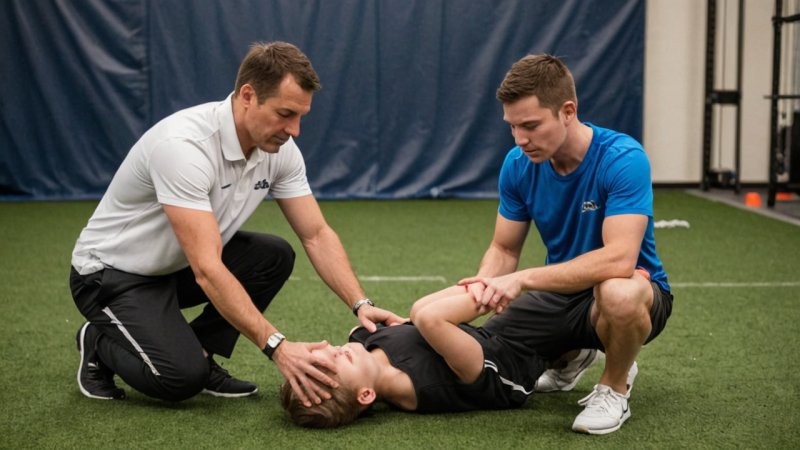Training with a coach offers numerous advantages, particularly when it comes to enhancing safety in athletic activities. Coaches are not only experts in their respective sports but also play a crucial role in ensuring that athletes train effectively while minimizing the risk of injury. Here are some of the key benefits of working with a coach that emphasize safety in training.
Expert Guidance on Technique
One of the primary benefits of having a coach is their ability to provide expert guidance on proper techniques. Coaches are trained to recognize and correct poor form, which is essential in preventing injuries. For example, in sports like weightlifting or running, correct posture can drastically reduce the likelihood of strains or sprains. Coaches can demonstrate the right movements, allowing athletes to learn the safest methods for their respective sports.
Customized Training Plans
Coaches can develop personalized training programs tailored to an athlete's skill level, physical condition, and specific sport requirements. This individualized approach ensures that athletes are not overtraining or pushing themselves beyond their limits, which can lead to injuries. A tailored program will include adequate warm-ups and cool-downs, strengthening exercises, and recovery strategies, all of which contribute to overall safety during training.
Monitoring Progress and Adjustments
A dedicated coach continually monitors an athlete's progress, making necessary adjustments to their training regimen. This proactive approach helps identify potential issues before they escalate into serious injuries. Regular assessments allow coaches to implement changes in intensity, volume, or technique based on the athlete's performance and fatigue levels, ensuring safety is always prioritized.
Emphasis on Safety Protocols
Coaches are well-versed in safety protocols specific to their sport. They educate athletes on the importance of using protective gear, adhering to safety rules, and recognizing signs of fatigue or distress. By instilling these practices, coaches create a culture of safety within their training environment, reducing the likelihood of injuries. This awareness is particularly crucial in contact sports like football or hockey, where equipment and rules play a significant role in athlete safety.
Emotional Support and Motivation
Beyond physical training, coaches provide emotional support that can be vital for maintaining an athlete's mental health, especially during intense training periods. A motivated athlete is more likely to remain focused on safety and technique, reducing the risk of reckless behavior that could lead to injuries. Coaches can help foster a positive mindset that encourages athletes to listen to their bodies and adhere to safety practices, ensuring long-term success in their sport.
In conclusion, training with a coach is not just about improving performance; it is also a fundamental aspect of ensuring safety in sports. Through expert guidance on technique, customized training plans, continuous progress monitoring, a strong emphasis on safety protocols, and providing emotional support, coaches play an essential role in mitigating risks associated with athletic training. Athletes who invest in coaching not only enhance their skills but also prioritize their well-being, paving the way for a healthier and safer athletic journey.






